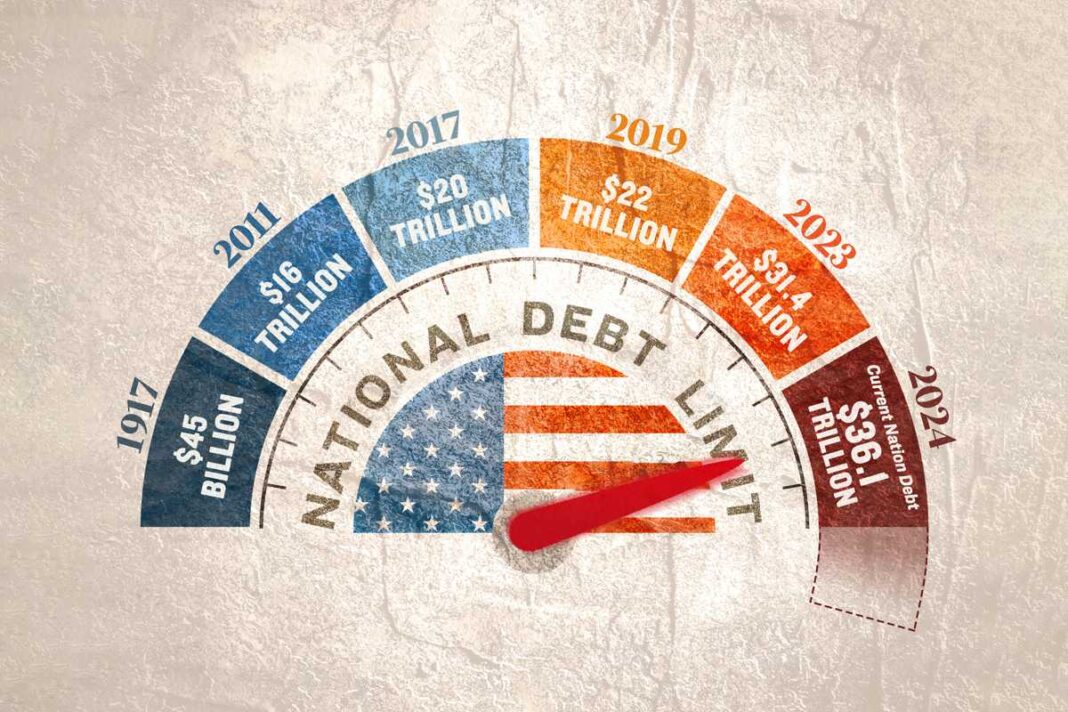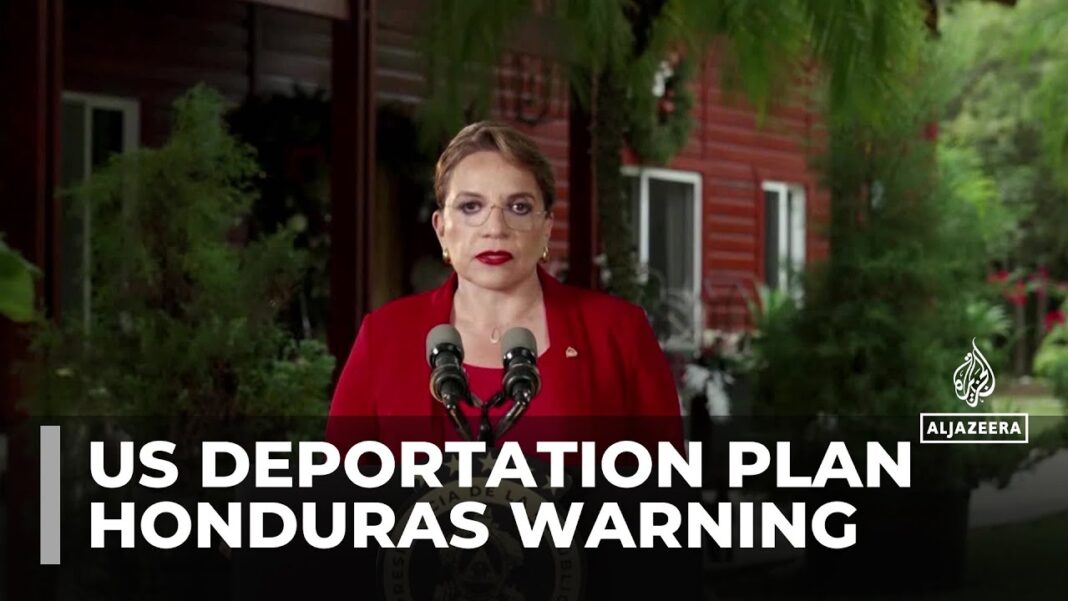The soldier’s writing suggests he viewed his actions as a plea for national reflection rather than a desire to sow fear.
Law enforcement officials have disclosed fragments of notes left by the decorated soldier who died in a vehicle explosion at the Trump hotel in Las Vegas, with the messages suggesting he viewed his actions as a dramatic plea for national self-reflection rather than an act of terror.
Matthew Livelsberger, a 37-year-old Green Beret from Colorado Springs, Colorado, drove a rented Tesla Cybertruck packed with fireworks, mortars, and fuel canisters to the Trump hotel in Las Vegas in the early morning hours of New Year’s Day, before detonating it. The fiery explosion caused minor injuries to seven people but virtually no damage to the hotel.
Officials said Livelsberger died from a self-inflicted gunshot wound to the head. His body was burned beyond recognition, with investigators managing to identify him through ID recovered from the scene, DNA tests, and a tattoo.
Two phones were also recovered from the truck, Las Vegas Metropolitan Police Department (LVMPD) assistant sheriff Dori Koren told reporters at a Jan. 3 briefing. Both were damaged, and investigators managed to extract data from one of the devices, including two letters and what Koren identified as a “surveillance log” or journal, all written by Livelsberger.
Koren said the letters hint at various grievances and issues, some political and some personal, adding that Livelsberger did not appear to harbor any ill will toward President-elect Donald Trump. The intention of disclosing some of Livelsberger’s messages was to help the public understand his motives, Koren said.
The letters explicitly state that Livelsberger intended the explosion to serve as a spectacle aimed at awakening the nation to its perceived decline, portraying his actions as a wake-up call meant to provoke dialogue rather than sow fear.
“Fellow Servicemembers, Veterans, and all Americans, TIME TO WAKE UP! We are being led by weak and feckless leadership who only serve to enrich themselves,” reads one of the letter fragments shared by Koren, who noted that there was still a “large volume” of data to go through, some of which would be disclosed to the public later.
In a second letter, Livelsberger expressed a need to “cleanse my mind” of the deaths of people he knew and “the burden of the lives I took.”
By Tom Ozimek







